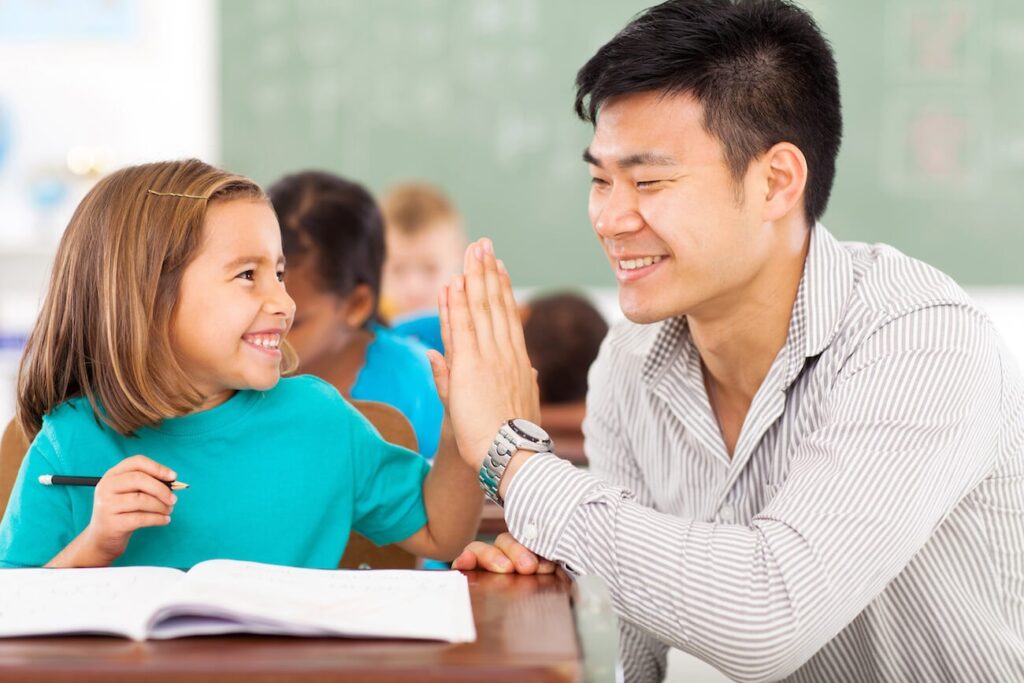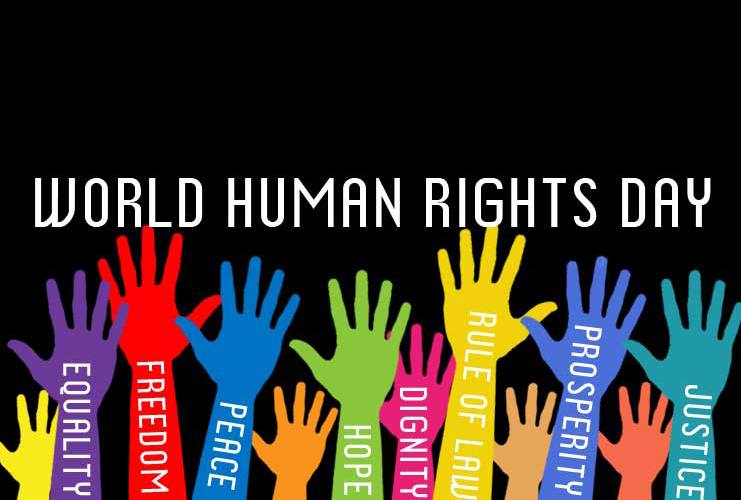By Penny Theodorakopoulou,
December 10th is the annual celebration of human rights. Since today marks the specific day, I decided to talk about how educators can integrate human rights, and some of their fundamental principles, in their classrooms.
The freedom to consider all people equal, regardless of race, religion, gender, place of residence, etc., is called human rights. One sector that is paramount in promoting human rights is the school. From an early age, children should learn concepts such as freedom, justice, respect, etc. That is why future teachers have an obligation to show students and future adults in our society some basic principles, with which they can go about their lives and apply them.

In general, what an educator should be able to do is understand the climate that prevails in the room or in the area where they work, as well as if there is cooperation, friendship, and mutual respect (student relations, student-educator relations, educator relations with each other, educator-parent relations, etc.). Therefore, the sooner the educator realizes that there is a problem, the faster and more methodically they will be able to react and, possibly, find a solution to any problems that may arise. In case two children argue, the educator punishing them will not solve the problem. We understand that all forms of violence must be eliminated from the school — and not only — environment. So, it would be ideal, and proper, for the educator to talk to each child individually first and, after all those who are involved are in the same place, explain politely that quarrels are not the solution. If child A has bothered child B, then A should apologize to B calmly and each child should wait to finish what each wants to say first, then speak. If the problem persists and there is no common ground, then the educator could suggest possible solutions, discuss them with the children and, if there is still disagreement, suggest an alternative solution themselves. Thus, the relationship that each child has with their educator will be strengthened and the children will cooperate with each other, thus any disputes and disagreements they have will end. Dialogue is one of the most important tools for anyone to resolve any disputes peacefully — without any form of violence.
It makes sense, as we might be aware, that younger ages may not be able to grasp concepts such as peace, respect, and justice. Exposure to human rights should be made through the experiences of children. In other words, educators should assimilate human rights to children on an empirical level. Therefore, an activity that will stimulate their audio-visual senses would be a good start. A song, a painting, a movie, or even a play will not only better assimilate the information they have received but will apply it even more, especially if they are actively involved in it. If, for example, the educator tells the children to draw what they understand by the concept of “freedom” or “peace” and actually capture it on a surface, then the child itself will better understand this concept and will feel proud of it, especially when it will have a positive result and reward for its work.

At older ages (high school), things are a bit inversely proportional. In pre-adolescence and adolescence, although their level of knowledge is much higher compared to that of preschool and primary education, students at this age tend to be less talkative and auditory types. In this case, it would be wise to apply enough child psychology to this age group. Due to the fact that teenagers get bored very easily, it would be good not to use standard methods, e.g. to write an essay on human rights or visit typical museums, but to make an exhibition/event, in which students can participate either by presenting a project or by watching a play or a documentary, which will be addressed to and appropriate for teenagers. It is significant for them to feel that they belong somewhere and that whatever they do, they do it because they really want to and not because the teacher told them to do something, ending up doing it as drudgery.
In conclusion, referring to the general context, the principles of equality and equity, justice, freedom of speech, but without violating the freedom and beliefs of the other person, mutual respect, and many others, should be taken for granted for all people, regardless of age. A school environment with democratic principles, innovative teaching methods, and responsible and free citizens is what every school, nowadays, should aim for. Once human rights are applied in the classroom, children will be able to apply them in their extracurricular activities, even in their family environment. Therefore, two very strong goals for a school of awareness are, firstly, the empowerment of young people and the promotion of the active participation of all members of the school community in the integration of human rights values in all areas of school life, and secondly, to enable the school, therefore, as educators, young people should be aware of their human rights and responsibilities and be inspired to protect and defend their rights and the rights of others, based on certain basic principles (equality, dignity, respect, participation, and non-discrimination).
References
- Five Strategies for Human Rights Education, edweek.org, Available here
- Teaching and learning human rights values, globalpartnership.org, Available here
- Human rights, Wikipedia, Available here
- Human Rights Education, amnesty.org, Available here
- United Nations – Office of the United Nations High Commissioner for Human Rights (OHCHR), From Planning to Impact: A Manual on Human Rights Training Methodology, 2019, Available here
- European Youth Centre Budapest, Training Trainers for human rights education with young people, Budapest, 2009, Available here




